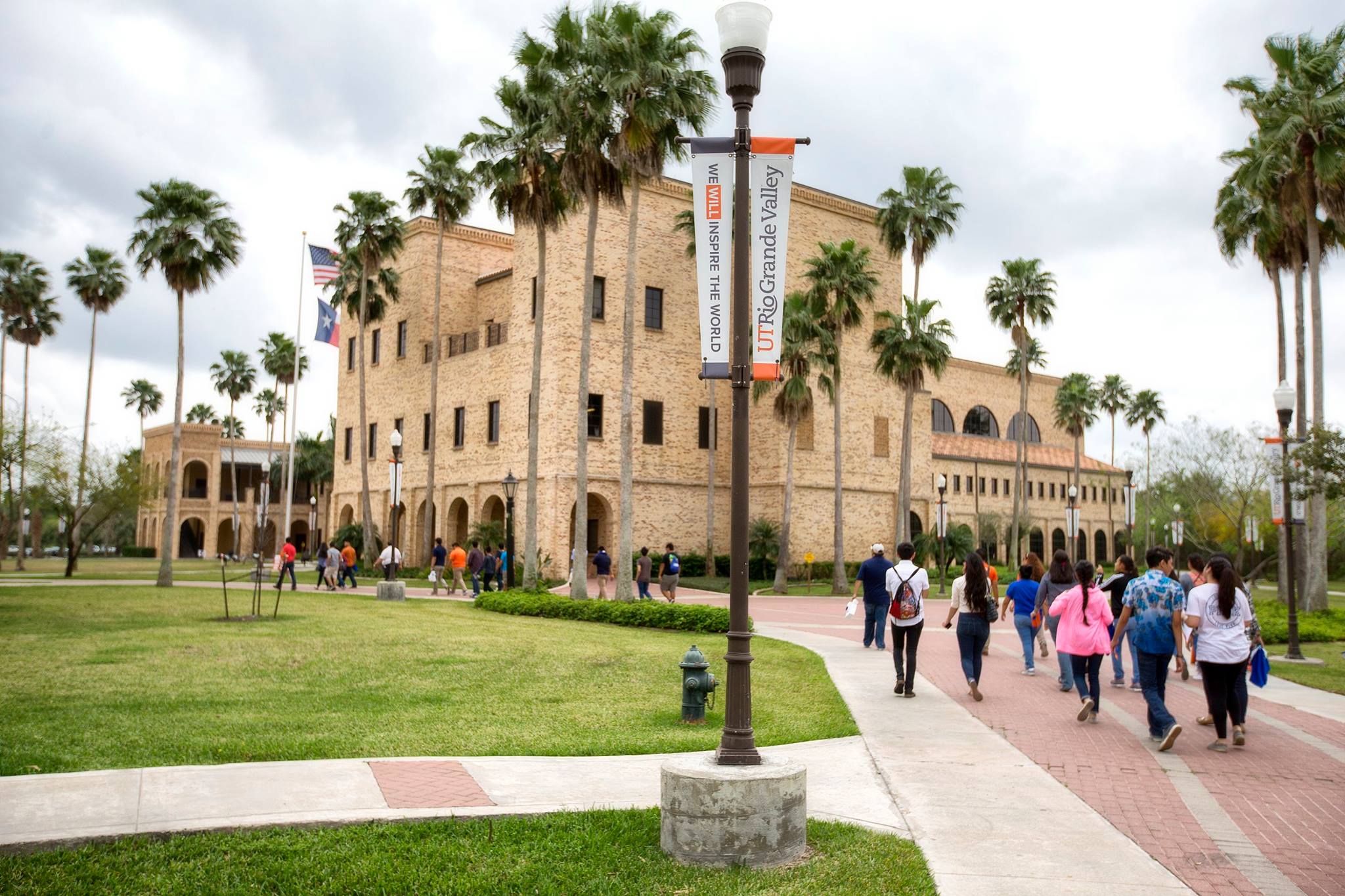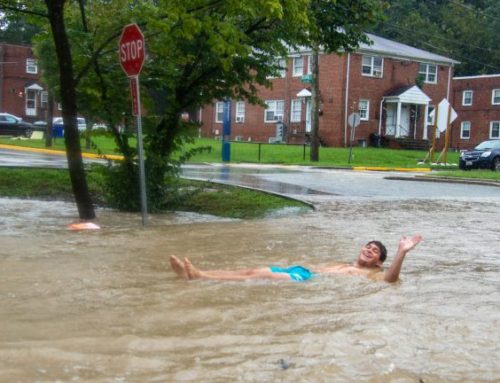There are three important aspects of college that a student should look for when researching a college: academics, career, and finance. By researching each of these three areas, students can create a knowledge orientation of the schools they’re interested in – learning a great deal about the school before they even set foot on the campus.
With academic research, a student should be looking for what the school offers them in terms of an education – what programs there are, the kind of faculty that serve those programs, how diverse the range of courses there are, and the ability to mix and match with minors and certificates.
With career research, students should be keeping in mind how their academics can translate into a career in the long term – what networking and career experience opportunities the school offers, how connected the school is to employers, and how easy it is for students to transition into quality jobs.
With finance research, students need to be aware of how expensive the investment in education will cost them and the overall value of the investment – how much will their education payoff after they graduate and the possibilities for the student to finance their education, either through loans, an on-campus job, or other means.
Academic Research
To get started, it’s best for students to start by researching the academic aspect of the college they’re looking to enroll in – especially the majors and minors that are available. Go to the university’s degree catalog, find 3-5 majors and 3-5 minors that seem more interesting and start with a deep dive of each program, looking at the range of courses offered and the kind of jobs most students get with those degrees.
After doing a deep dive of academic offerings, find related extracurricular offerings through the school. Networking opportunities, job shadow programs, certificates, research opportunities, academic/career clubs, and anything else the university offers should be seriously considered and looked at. I personally feel that those university-offered resources can really make or break a college experience and can often be more influential to a student’s education that what they learn in the classroom, especially as students’ progress into their later years of college and seek more hands-on experiential learning.
Career Research
Once that academic research has been done, the student should have a decent idea of what they want to do in college and a vague idea of what they might want to do afterwards. At this point it’s best for the student to reinforce their interests and ideas by doing more career-heavy research. By researching careers related to the degrees the student is interested in, they can ask themselves “is this really what I want to be doing for 10-30 years of my life after college?” “Am I comfortable making this much? Working this hard? Travelling this much? Living in these places? Working in this kind of environment?”. If so, great, and if not, back to the academic research.
Students shouldn’t just look to job titles but do a deep dive into the day-to-day operations of that career, what are the responsibilities, what the career climbing ladder looks like, the kind of tools and techniques you’ll be using, and so on. When students have a better idea of what their career interests look like in the real world, they have a more realistic idea of what they want to study. Then, students can go back and find match academic opportunities, both in and out of the classroom, to match their career goals.
When students can do academic research, and reinforce their interests with career research, they get a better idea of what they want and how their prospective college offers opportunities around those wants. In this regard, students can begin to understand how their tuition dollars can be put to best use.
Financial Research
Finally, students should look at the financial aspect. Obviously, some families would look at this first, but I generally think this should be looked at last to ensure students are looking seriously at the benefit of their education before they look at the cost. Students should look at the sticker price of the college, but also go deeper and understand if the university charges on a per unit basis or a yearly basis. If students are able to learn the complexities and fine print of the university’s curriculum, they can understand how to save a lot of money in tuition.
Students should also do research as to how much financial assistance the university offers and try to understand where they fit in that financial aid eligibility. In relation to career, students should understand how much the career they’re interested in pays out, and if the cost of their college is worth the financial gain that their career will earn them – a $500,000 educational investment to earn $30,000 a year wouldn’t make sense and probably isn’t the best idea.






